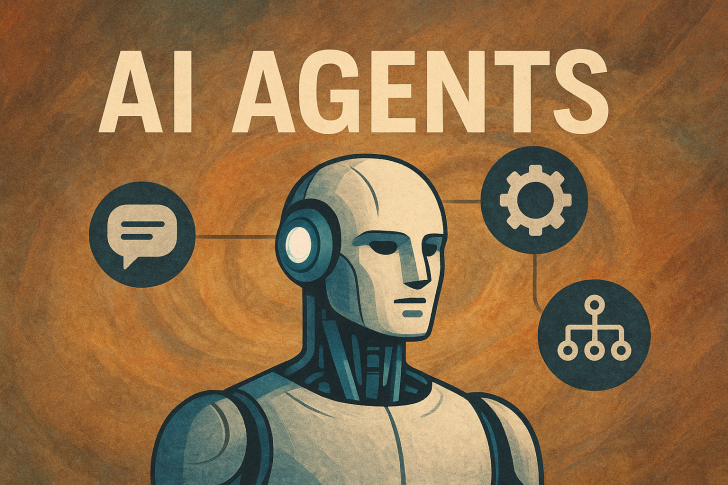Artificial intelligence is quickly moving beyond simple chatbots into something far more powerful — autonomous systems that work independently. According to one tech leader, we're only seeing the beginning of what's possible.
From Chatbots to Autonomous Agents
In a recent tweet, Box CEO Aaron Levie made a striking prediction: we're currently "at just 1% of the AI token volume we'll see in the next decade." His view reframes the ongoing debate about AI infrastructure, suggesting the industry isn't overbuilding but actually preparing for an enormous surge in compute demand.
Right now, most AI systems like ChatGPT, Claude, and Gemini operate through back-and-forth conversations with users. These chat-based models use relatively little computing power because they're limited by how fast people can type and respond. But that's about to change dramatically.
The real transformation will come from AI agents — intelligent systems that work autonomously in the background, executing complex tasks at scale without constant human guidance. Unlike chatbots, these agents can handle multiple operations simultaneously, from research and analytics to coding and data processing.
Preparing for a 100x Surge in Compute Demand
The shift to autonomous AI could increase compute consumption by as much as 100 times. These systems will need massive amounts of GPUs, cloud infrastructure, and data centers to function effectively. The current buildout of AI infrastructure isn't meant for today's limited chatbot experiences but for a future where AI agents work continuously on our behalf.
Early signs of this transition are already visible. Developers are increasingly using coding agents that write and debug software autonomously. As these tools mature, similar automation is expected to spread across finance, law, healthcare, and engineering — anywhere knowledge work can be scaled through intelligent systems. The infrastructure investments from companies like OpenAI, Google, and Amazon aren't excessive but necessary preparation for an era when AI operates around the clock, generating value continuously rather than waiting for human input.
The Beginning of a New Era
Critics who worry about a tech bubble may be missing the bigger picture. Today's AI models might seem limited, but the foundation being built could soon power digital workforces capable of performing billions of tasks simultaneously. If this prediction holds true, we're not approaching the peak of AI innovation — we're standing at the starting line of a compute revolution that will fundamentally reshape how work gets done.
 Usman Salis
Usman Salis

 Usman Salis
Usman Salis


